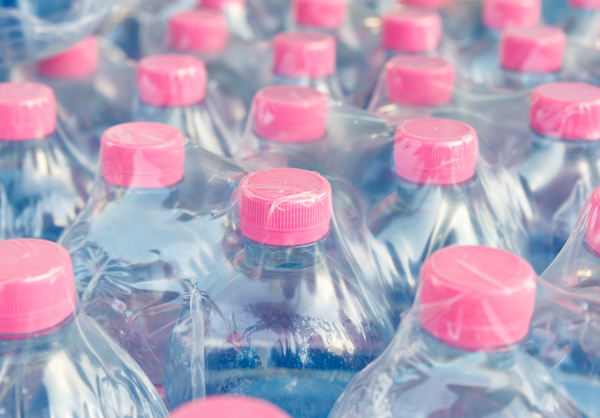- La Feria Community Holds Succesful Business Mixer Event
- Little Nashville to Take Place in Downtown Mercedes
- Lions Basketball Captures District Gold
- La Feria ISD Students Compete in Regional Chess Tournament
- Lions End First Half of 32-4A on a High Note
- La Feria ISD Held Another Successful Parent Conference
- Strong Appearance for Lions at Hidalgo Power Meet
- LFECHS Students Get to Meet Local Actress
- Students Participate in Marine Biology Camp
- Two LFECHS Students Qualify for All-State Band
Plastic Pollution: What to Know
- Updated: November 16, 2018
(StatePoint) Plastics are an increasingly widespread pollutant, according to environmental experts, harming ecosystems and wildlife as well as endangering human health. One of the largest worldwide industries driving this crisis — the fast moving consumer goods (FMCG) sector which offers such things as soft drinks, toiletries, foods and other consumables — is not taking significant action to put the brakes on the growing production and marketing of single-use plastics, suggests a new report.
The report, “A Crisis of Convenience: The corporations behind the plastics pollution pandemic,” by Greenpeace, found that single-use packaging is the main delivery system used by all of the companies surveyed and there is no sign of that changing. What’s more, none of these companies have comprehensive strategies that include commitments to move away from single-use plastic, with some companies actually increasing the amount of single-use plastic packaging and waste they produce.
“Unfortunately, across the board, the consumer goods industry has failed to take responsibility for the single-use plastics crisis they helped create,” said Greenpeace USA ocean plastics campaign director, John Hocevar. “The current commitments corporations have made around plastics actually allow for increased use in the future. We need more transparency and substantive action immediately.”
Other study findings include the fact that most solutions being explored by businesses are primarily related to addressing recyclability or recycling, not reducing or creating new delivery systems. Unfortunately, most companies know or disclose little about the amount of their packaging that is recycled and even less about the destination of their plastic waste after consumption.
Beyond personal choices, such as recycling single-use plastics and using reusable bags and bottles, Hocevar points out that individuals can make an impact by talking to their local grocery stores, restaurants and businesses about phasing out single-use plastics as well as by writing to some of the larger companies urging them to move in a better direction.
More information about the study and plastic pollution can be found by visiting www.greenpeace.org.
“The sector urgently needs to move away from throwaway plastics for the benefit of our oceans, wildlife and communities around the world,” says Hocevar.



